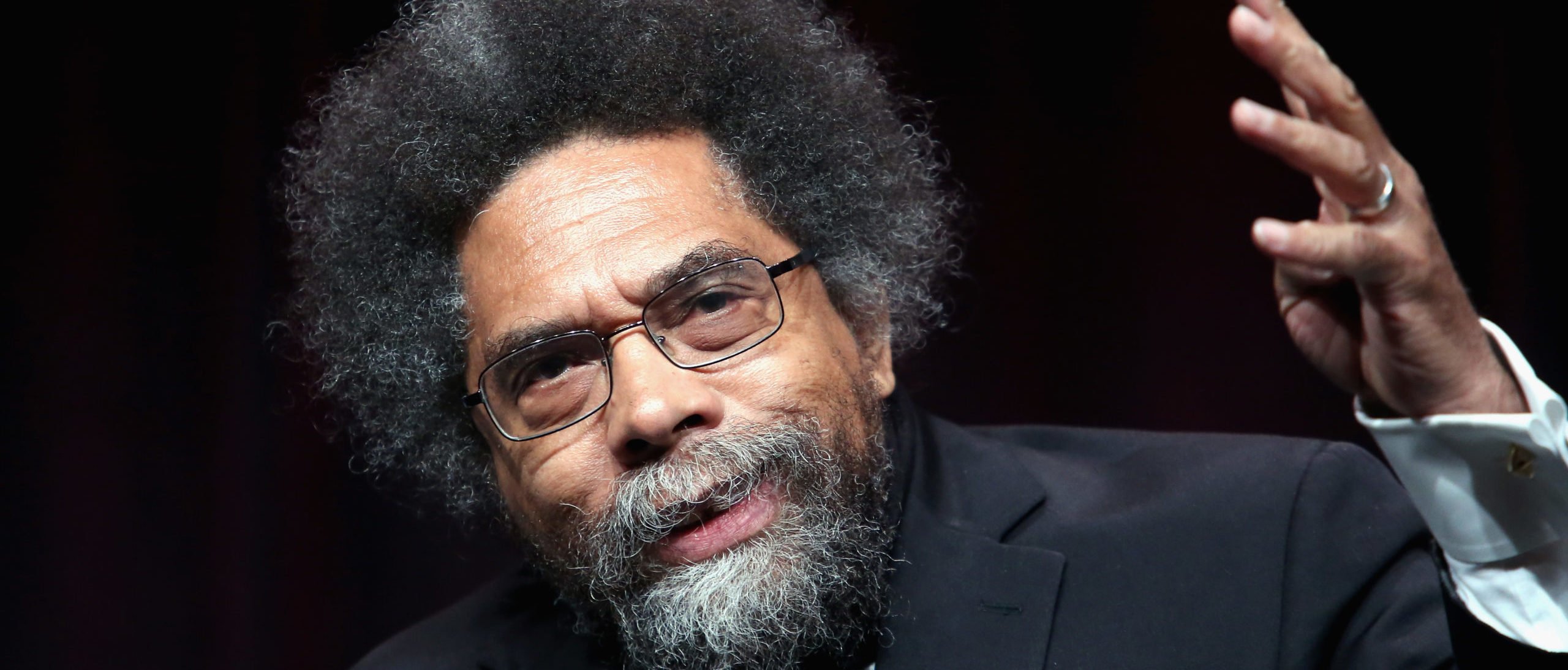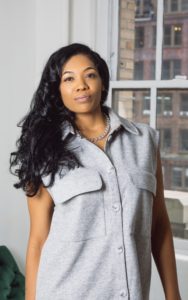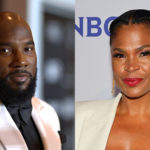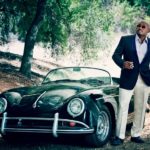Long after Douglass’s encounters with these ancient thinkers, the Rev. Martin Luther King Jr. would be similarly galvanized by his reading in the classics as a young seminarian — he mentions Socrates three times in his 1963 “Letter From Birmingham Jail.”
Yet today, one of America’s greatest Black institutions, Howard University, is diminishing the light of wisdom and truth that inspired Douglass, King and countless other freedom fighters. Amid a move for educational “prioritization,” Howard University is dissolving its classics department. Tenured faculty will be dispersed to other departments, where their courses can still be taught. But the university has sent a disturbing message by abolishing the department.
Academia’s continual campaign to disregard or neglect the classics is a sign of spiritual decay, moral decline and a deep intellectual narrowness running amok in American culture. Those who commit this terrible act treat Western civilization as either irrelevant and not worthy of prioritization or as harmful and worthy only of condemnation.
Sadly, in our culture’s conception, the crimes of the West have become so central that it’s hard to keep track of the best of the West. We must be vigilant and draw the distinction between Western civilization and philosophy on the one hand, and Western crimes on the other. The crimes spring from certain philosophies and certain aspects of the civilization, not all of them.
The Western canon is, more than anything, a conversation among great thinkers over generations that grows richer the more we add our own voices and the excellence of voices from Africa, Asia, Latin America and everywhere else in the world. We should never cancel voices in this conversation, whether that voice is Homer or students at Howard University. For this is no ordinary discussion.
The Western canon is an extended dialogue among the crème de la crème of our civilization about the most fundamental questions. It is about asking “What kind of creatures are we?” no matter what context we find ourselves in. It is about living more intensely, more critically, more compassionately. It is about learning to attend to the things that matter and turning our attention away from what is superficial.
Howard University is not removing its classics department in isolation. This is the result of a massive failure across the nation in “schooling,” which is now nothing more than the acquisition of skills, the acquisition of labels and the acquisition of jargon. Schooling is not education. Education draws out the uniqueness of people to be all that they can be in the light of their irreducible singularity. It is the maturation and cultivation of spiritually intact and morally equipped human beings.
The removal of the classics is a sign that we, as a culture, have embraced from the youngest age utilitarian schooling at the expense of soul-forming education. To end this spiritual catastrophe, we must restore true education, mobilizing all of the intellectual and moral resources we can to create human beings of courage, vision and civic virtue.
Students must be challenged: Can they face texts from the greatest thinkers that force them to radically call into question their presuppositions? Can they come to terms with the antecedent conditions and circumstances they live in but didn’t create? Can they confront the fact that human existence is not easily divided into good and evil, but filled with complexity, nuance and ambiguity?
This classical approach is united to the Black experience. It recognizes that the end and aim of education is really the anthem of Black people, which is to lift every voice. That means to find your voice, not an echo or an imitation of others. But you can’t find your voice without being grounded in tradition, grounded in legacies, grounded in heritages.
As German philosopher Hans-Georg Gadamer emphasized in the past century, traditions are inescapable and unavoidable. It is a question not of whether you are going to work in a tradition, but which one. Even the choice of no tradition leaves people ignorantly beholden within a language they didn’t create and frameworks they don’t understand.
Engaging with the classics and with our civilizational heritage is the means to finding our true voice. It is how we become our full selves, spiritually free and morally great.









